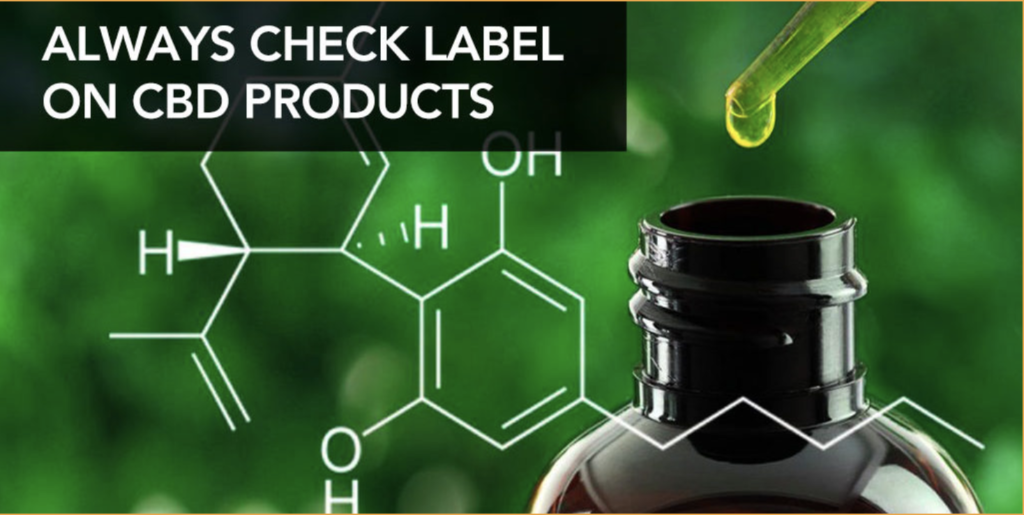Not All CBD Oil is Created Equal!
There are three types of CBD available on the market; full spectrum, isolate and broad or wide spectrum. In other words, full plant vs. part plant medicine. Let’s break this down – do you want spaghetti sauce made from just tomatoes, or do you want tomatoes, mushrooms, spices, onions, and all that jazz that makes one heck of a spaghetti sauce? The same goes for full spectrum CBD oil vs. CBD isolate.
Full spectrum oils include all of the cannabinoids found in hemp. CBD isolate is a singular extracted compound removed from other cannabis compounds in the plant. In a 2015 study, researchers found that full spectrum CBD offered greater levels of relief in comparison to CBD isolate. CBD use has become increasingly popular over the last couple of years as a natural alternative. If you’re new to the CBD, then you’ve landed in the right place. These days, most people won’t buy breath mints without knowing what’s in them, and the same should go for CBD. Here’s some of the most important things to look out for and ask about the CBD Oil you’re considering.

- CHECK THE LABEL – The first thing to look out for is disclosure on the COA, or Certificate of Analysis. The COA tells you the quality of the CBD source, listing key information such as potency, microbial analysis, solvents, and any testing done for heavy metals and pesticides. All reputable CBD companies use and publish COAs to verify the quality of their product. The product label should display a batch number which can be researched on the brand’s website for more information. Remember – the hemp plant absorbs everything that’s in the soil, which means the good and the bad. The COA will show what chemicals/compounds may be found in the hemp used, giving you an idea of its health. Our primary product only has three ingredients, Hemp Derived CBD Oil, Hemp Seed Oil & Natural (organic) flavoring!
- DIFFERENCE BETWEEN MARIJUANA & HEMP – There’s a difference, and it’s critical: Hemp and marijuana are both cannabis plants, but hemp (typically called industrial hemp) has higher levels of CBD and lower levels of THC (the chemical compound that gets you high) than a marijuana plant. In fact, the federally legal definition of hemp requires the plant to contain no more than 0.3% of THC. Marijuana does contain some CBD, which means you’ll get its effects when you use it, but of course marijuana is highly regulated and can only be purchased through dispensaries where legal. CBD derived from hemp is federally legal.
- STAY AWAY FROM CHEAP INTERNATIONAL IMPOSTERS OF CBD – International CBD has a lot of problems. Like we mentioned before, hemp is essentially a weed and will suck everything out of the soil. Make sure you know where your CBD is grown, and then do your research to make sure that region isn’t known for questionable agricultural practices or heavy metals and toxins in the soil. For those of you that have been on amazon or google and found a “cheap” CBD Product, it’s probably international. #CheckTheLabel